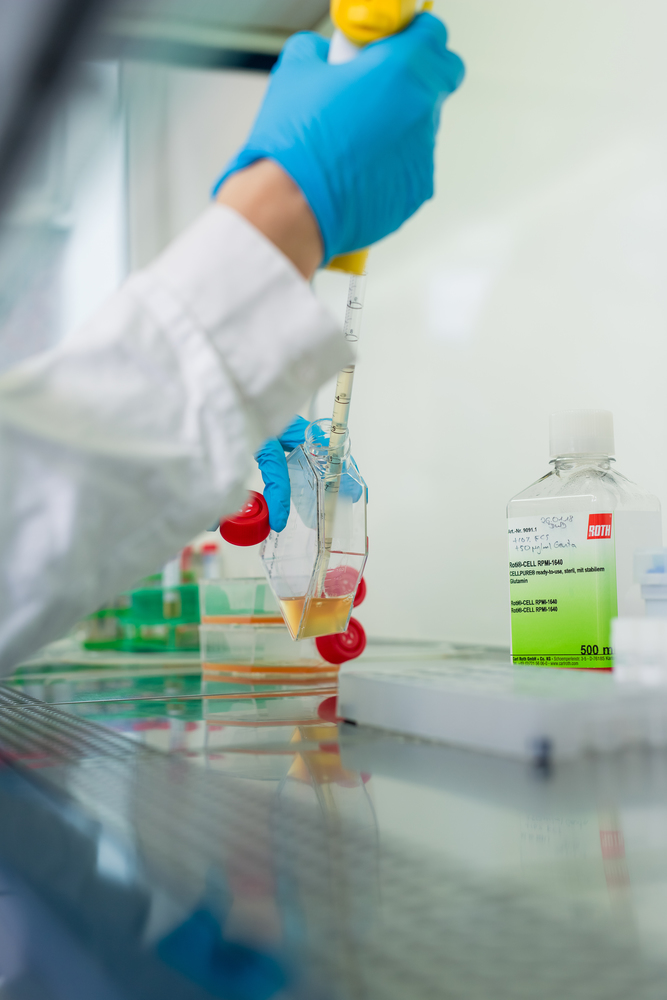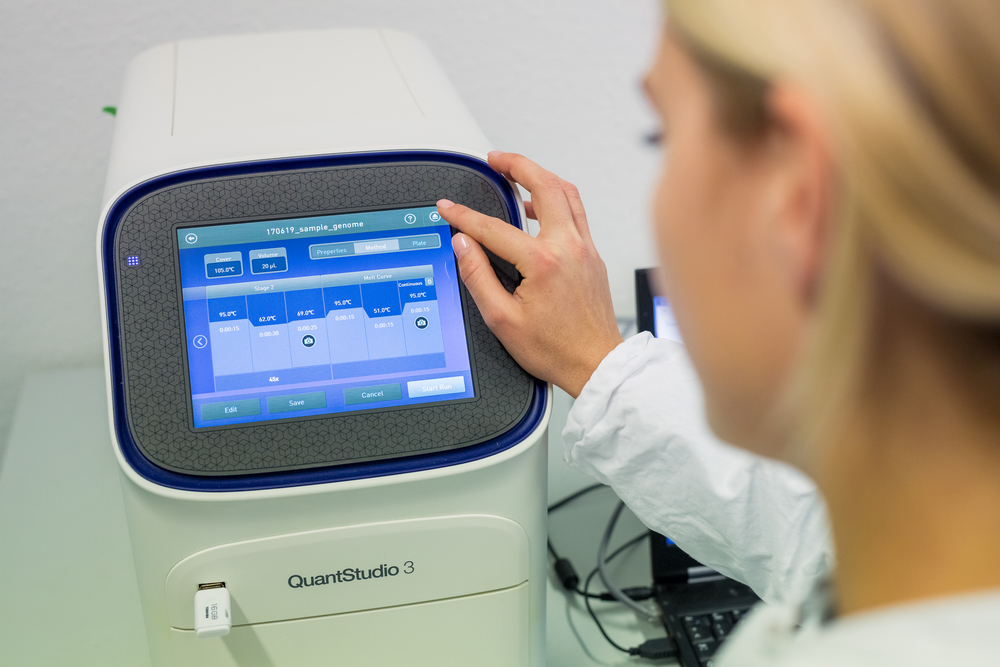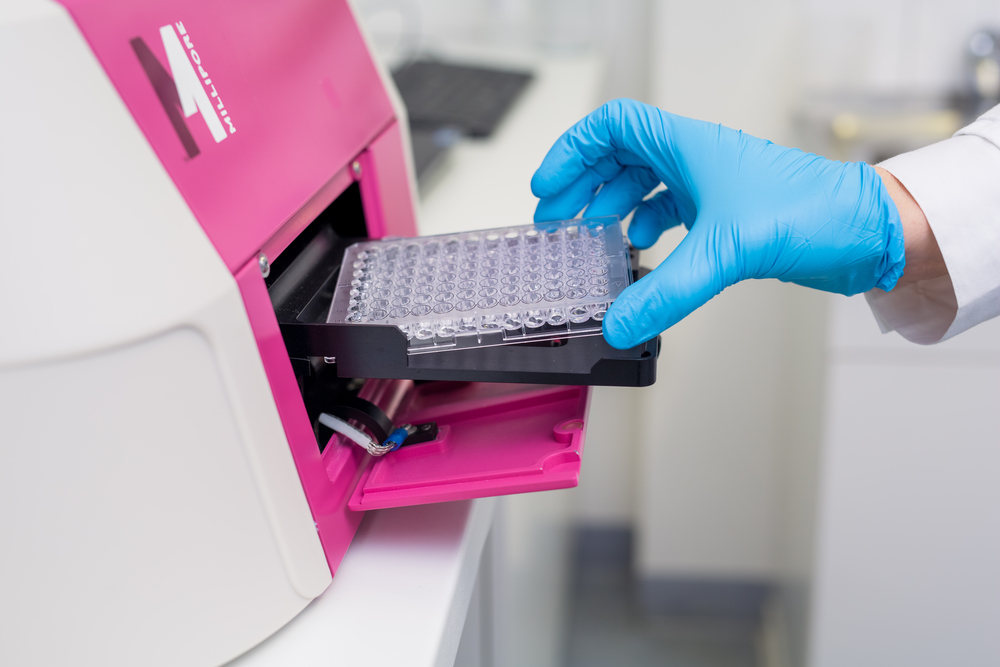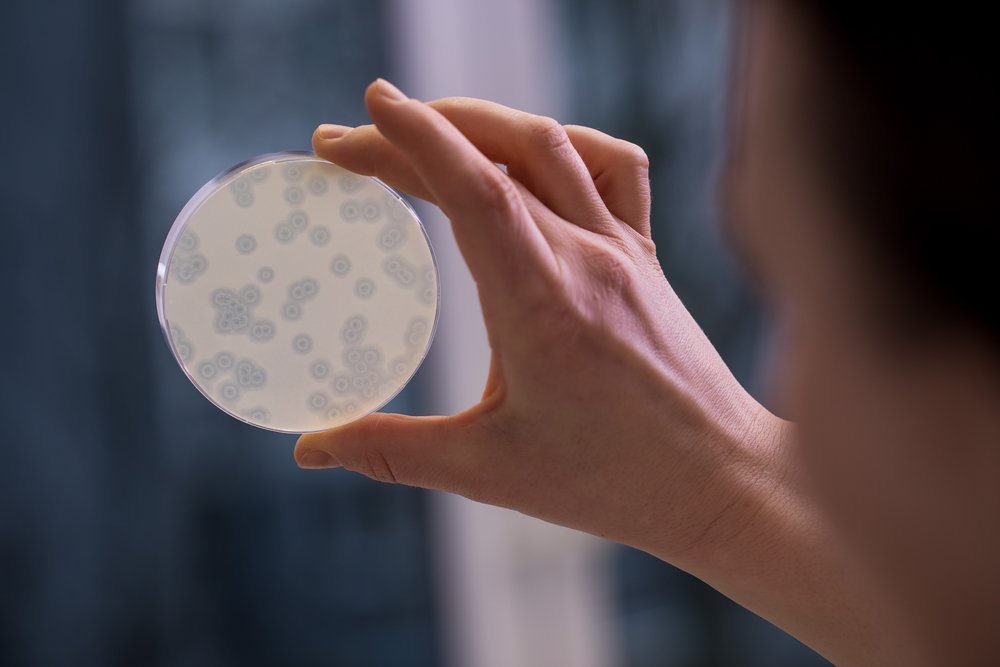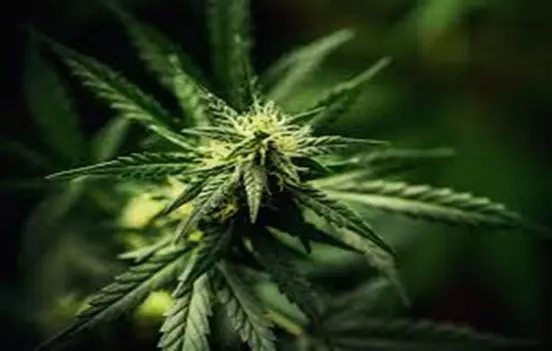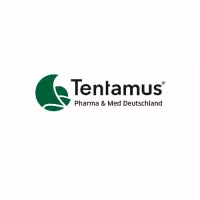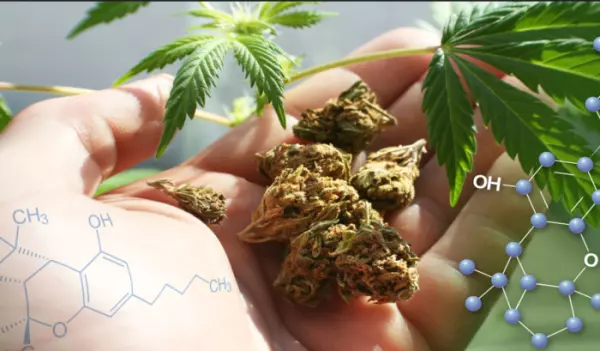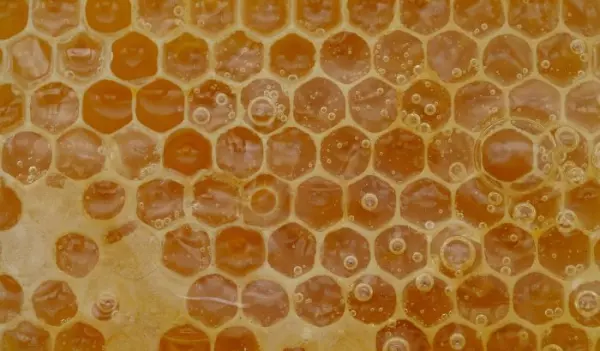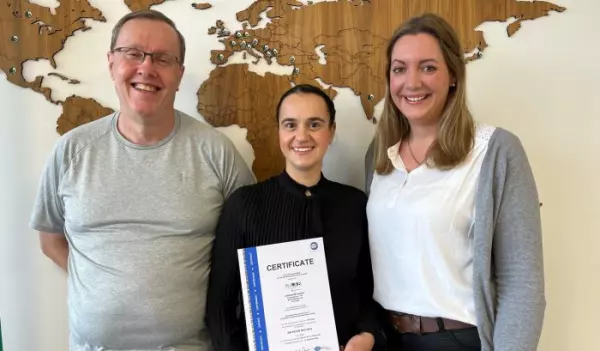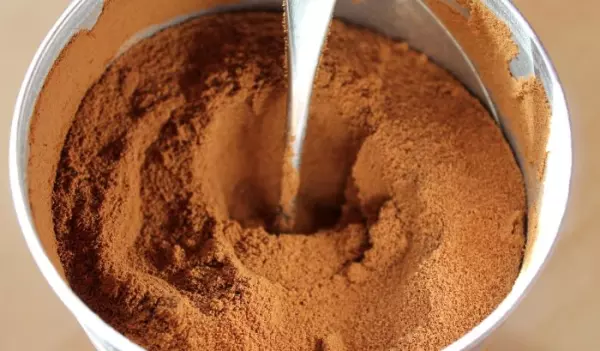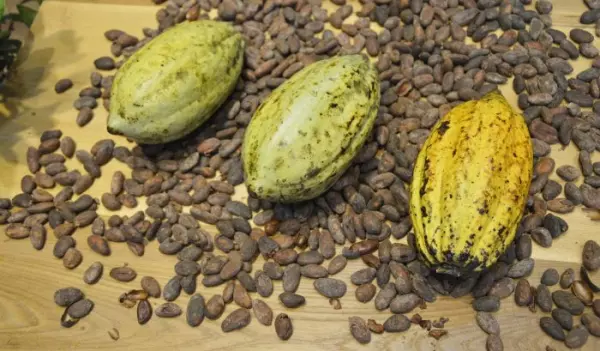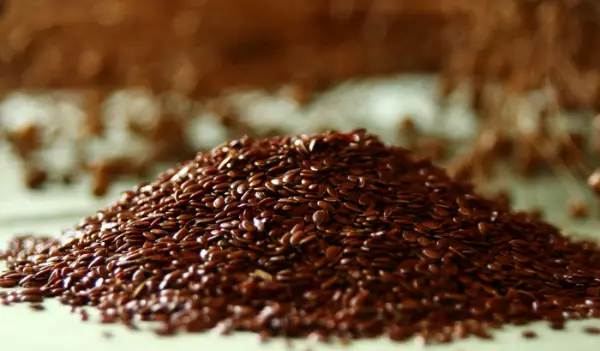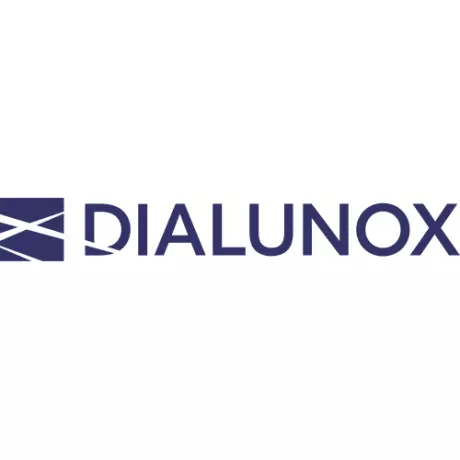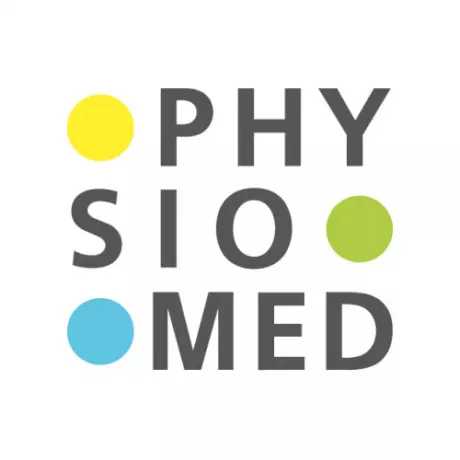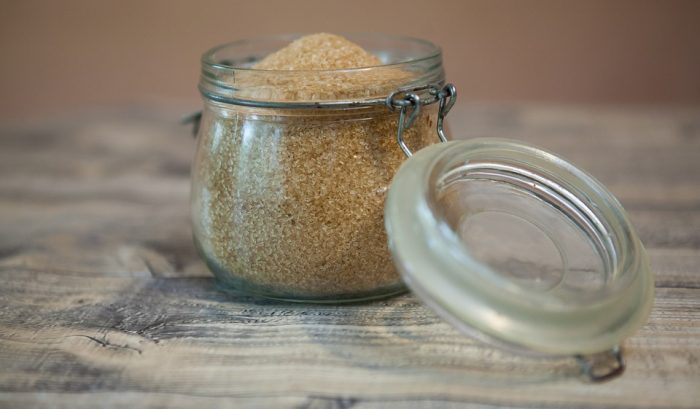
Coconut blossom sugar is obtained from the nectar of the coconut palm - this has become increasingly popular in recent years. This leads to increased demand and quality control.
The popularity of coconut blossom sugar is due to its lower glycemic index compared to conventional household sugar. This tells how quickly the blood sugar level rises with a corresponding amount of sugar. Low glycemic indexes ensure a slow and steady rise in blood sugar levels. This prevents the development of diabetes and insulin resistance. Furthermore, coconut blossom sugar is gluten-free and is often produced ecologically and sustainably, as the coconut palms do not have to be felled for extraction.
Addition of foreign sugars
Some manufacturers stretch their coconut blossom sugar with cheaper foreign sugars. The addition of extraneous sugars from maize or sugar cane can be determined by analyzing the carbon-stable isotope ratio. For this purpose, QSI uses Cavity Ring Down Spectroscopy (CRDS). With this technique, the dried sample is first burned and then the 13C isotope ratio in the combustion gases is analyzed.
QSI has established a corresponding procedure for this since 2019 and was able to determine a significant deviation in the isotope ratio in a quarter of all samples analyzed. This indicates the addition of foreign sugar. In a recent test, coconut blossom sugar was also examined. In 8 of 20 samples (40%) an indication of the addition of extraneous sugars was found.
QSI supports you in checking the authenticity of coconut blossom sugar
We therefore recommend that you check the authenticity of your product. In addition, we advise you to test for any heavy metals (cadmium, chromium, copper, lead and zinc) and the sensory properties of your products. This ensures compliance with the legal limit values and the toxicologically tolerable daily intake (TDI). The sensory check serves to determine the typical strong and caramel-like taste.
We are at your disposal for further information on this topic as well as on the authenticity and adulteration of other foods.
We will be happy to advise you if you have any questions or special requirements for the scope of the examination
Email: info (at) qsi-q3.de
Phone: +49 (0) 421-596607-0
contact form
Source: Ökotest



